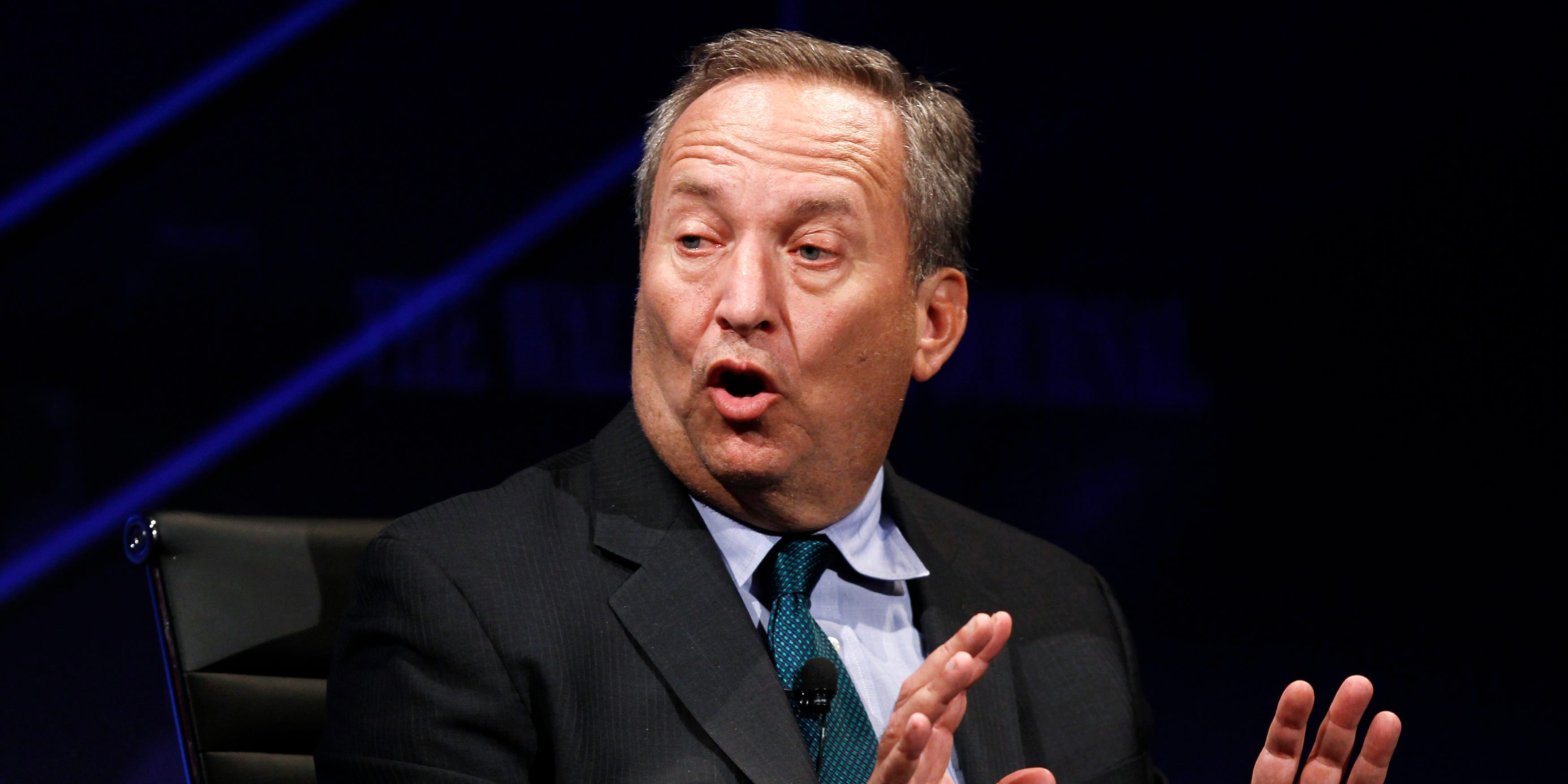Former Treasury Secretary Larry Summers said US deficits are on an unsustainable trajectory. Deficits are stoking inflation and forcing the Fed to raise rates more than it would otherwise, he told the Atlantic. “I don’t think there’s ever been a moment when the trajectory looks nearly as ominous as it does now.” Loading Something is loading.
Thanks for signing up!
Access your favorite topics in a personalized feed while you’re on the go.
Former Treasury Secretary Larry Summers sounded the alarm on US deficits, indicating he has sharply pivoted from not worrying about them as much.
In an interview with the Atlantic, he said he was not a “congenital deficit worrier” — but that has changed.
“Any long-term forecast is going to be way uncertain,” Summers said of deficits. “But the probability is that we’re on a completely unsustainable path.”
During the Great Financial Crisis, he was among the top voices in the Obama administration to support federal deficit spending to jump start the economy and avoid long-term stagnation.
Though that era was characterized by deficit hawks, they were largely silent as deficits deepened during the Trump administration after Republican cut taxes without cutting spending, with outlays expanding further for COVID-related stimulus.
Meanwhile, entitlement spending continues to rise as the population ages, with outlays for Social Security and Medicare now topping their dedicated revenue streams by $500 billion a year, according to the Atlantic.
And as deficits add to the growing pile of US debt, the cost of servicing those obligations is going up along with the rise in interest rates.
For Summers, there’s no reason the government should continue to run massive deficits, noting that the economy is growing at a healthy pace.
He added that deficits are also stoking inflation and forcing the Federal Reserve to keep pumping up its interest rates.
“I don’t think there’s ever been a moment when the trajectory looks nearly as ominous as it does now,” he said, citing current high rates.
In addition to risking stagflation and the loss of investor interest in American assets, higher borrowing reduces investment relative to consumption, Summers added.
“We become more of an of-the-moment society; that goes for everything from inadequately funding Head Start to having insufficient investment for venture capital, to having inadequately trained armed forces and inadequately numerous forces, to doing too little investment to maintain leadership in AI and biomedicine,” he said.
